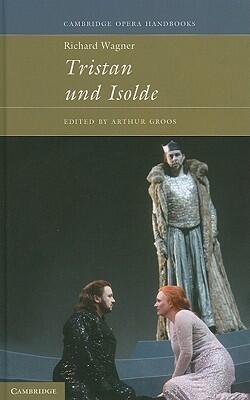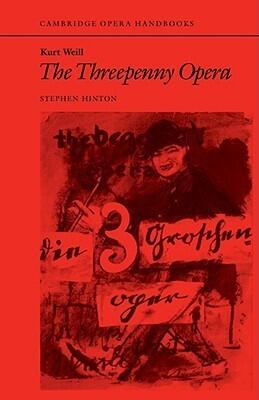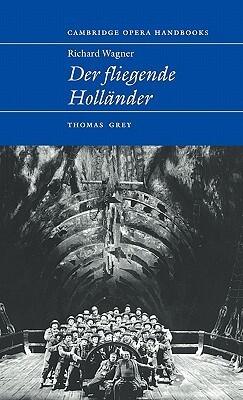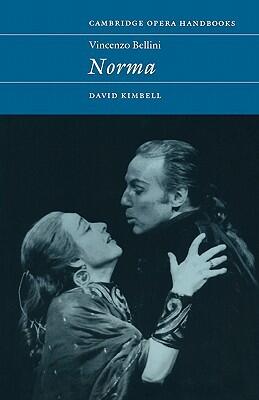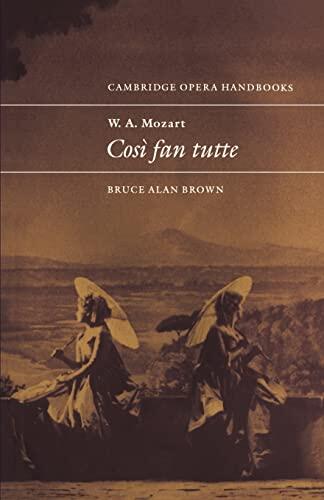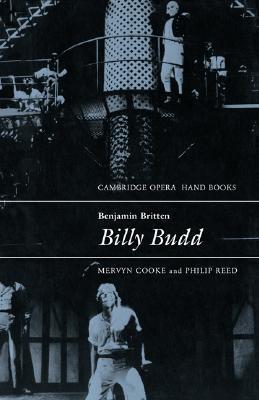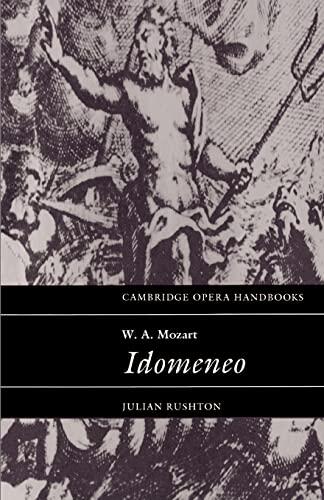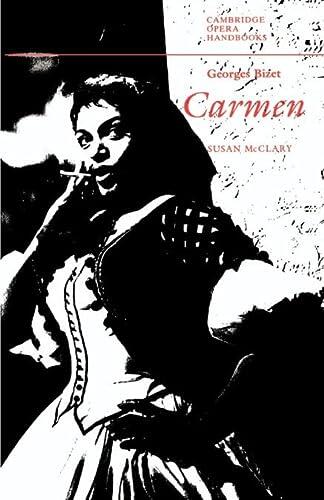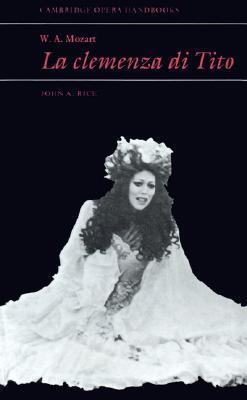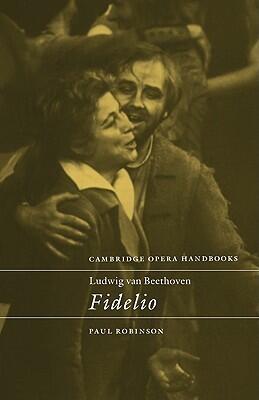
Ludwig van Beethoven: Fidelio
by:
Paul A. Robinson
Language: English
Format: Paperback
ISBN 10: 0521458528
ISBN 13: 9780521458528
Publication date:
September 28th, 1996
Publisher: Cambridge University Press
Pages: 204
Genres: History
Ludwig van Beethoven’s "Fidelio" stands as a remarkable testament to the composer’s genius within the realm of opera, intertwining rich musical layers with profound themes of liberty, love, and sacrifice. Paul A. Robinson delves deep into this unique work, exploring its historical context and ongoing relevance in today’s world.
At its core, "Fidelio" tells the story of a courageous woman, Leonore, who disguises herself as a man to rescue her husband, who is unjustly imprisoned. Through this gripping narrative, Beethoven weaves an emotional tapestry that addresses the universal struggle against tyranny and the quest for justice. Robinson carefully examines how these themes resonate with audiences across generations, revealing the opera’s enduring impact.
The book further elaborates on the complexities surrounding "Fidelio," including the challenges Beethoven faced during its composition and the initial reception of his work. Robinson's insightful analysis sheds light on the musical innovations that set this opera apart from others of its time.
By taking a closer look at both the narrative and its musical composition, Robinson invites readers to appreciate "Fidelio" not just as an opera but also as a powerful commentary on the human spirit’s resilience against oppression. This exploration of Beethoven’s only complete opera is an enlightening read, appealing to both music lovers and those interested in the intersections of art and society.
At its core, "Fidelio" tells the story of a courageous woman, Leonore, who disguises herself as a man to rescue her husband, who is unjustly imprisoned. Through this gripping narrative, Beethoven weaves an emotional tapestry that addresses the universal struggle against tyranny and the quest for justice. Robinson carefully examines how these themes resonate with audiences across generations, revealing the opera’s enduring impact.
The book further elaborates on the complexities surrounding "Fidelio," including the challenges Beethoven faced during its composition and the initial reception of his work. Robinson's insightful analysis sheds light on the musical innovations that set this opera apart from others of its time.
By taking a closer look at both the narrative and its musical composition, Robinson invites readers to appreciate "Fidelio" not just as an opera but also as a powerful commentary on the human spirit’s resilience against oppression. This exploration of Beethoven’s only complete opera is an enlightening read, appealing to both music lovers and those interested in the intersections of art and society.
